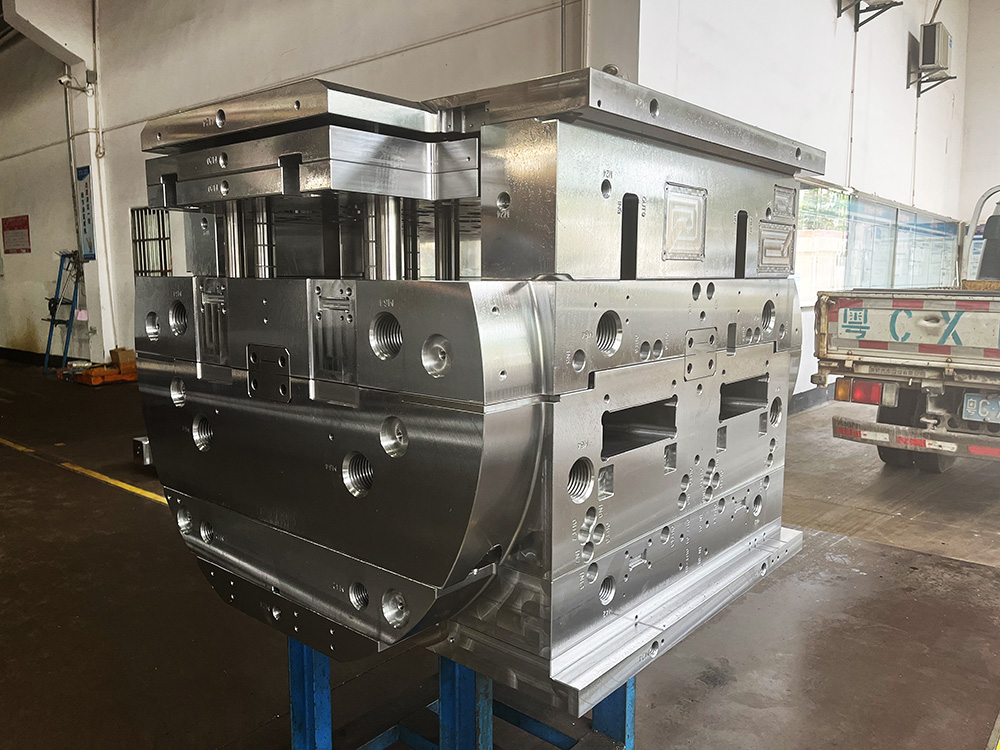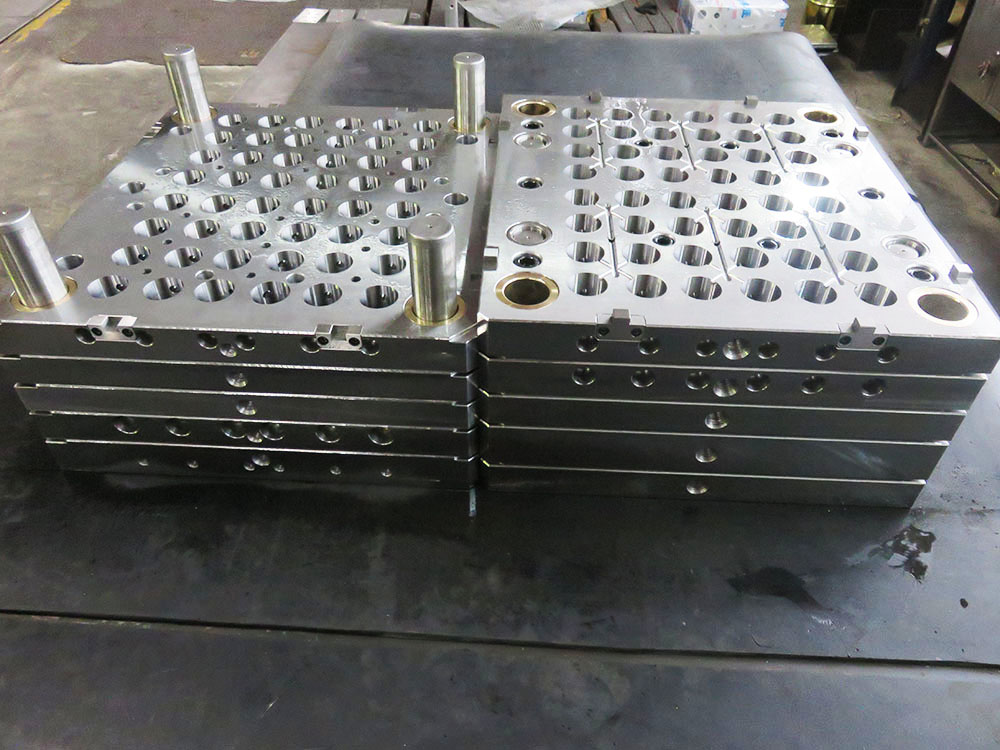Customization in Non-standard Mold Design: Key to Achieving Precision Manufacturing
Mold base industry plays a vital role in precision manufacturing, as it serves as the foundation for the entire mold design and production process. Non-standard mold designs have gained significant popularity due to their ability to cater to specific manufacturing requirements. In this article, we will explore the importance of customization in non-standard mold design and how it contributes to achieving precision manufacturing.
1. Enhanced Precision and Accuracy
Customization in non-standard mold design allows manufacturers to achieve enhanced precision and accuracy in their manufacturing processes. By tailoring the mold design according to specific requirements, manufacturers can ensure that the produced parts meet the highest quality standards. This level of precision is crucial in industries such as automotive, aerospace, and medical where even the slightest deviation can lead to significant issues.
Moreover, customization enables manufacturers to incorporate advanced features in the mold design, such as intricate details or complex geometries. These features are often required in industries that demand highly detailed parts, like the electronics industry. Non-standard mold design enables the creation of molds that can replicate these intricate features with utmost precision, resulting in high-quality end products.
2. Improved Efficiency and Productivity
Customization in non-standard mold design offers opportunities for improved efficiency and productivity. By designing molds that are specific to a particular manufacturing process, manufacturers can optimize the production line for maximum efficiency. Customization reduces the need for secondary operations and minimizes production waste, resulting in significant cost savings for the manufacturer.
Furthermore, customization allows for the integration of features that enhance productivity. For example, the incorporation of specialized cooling channels in the mold design can improve cycle times, leading to faster production rates. By analyzing the unique requirements of the manufacturing process and customizing the mold base accordingly, manufacturers can achieve higher productivity levels than with standardized mold designs.
3. Flexibility and Adaptability
Non-standard mold design provides manufacturers with the flexibility and adaptability required to meet ever-changing market demands. In today's fast-paced manufacturing landscape, the ability to quickly adapt to new product designs and requirements is critical for sustained success.
Customization allows manufacturers to incorporate design changes or modifications swiftly, enabling them to keep up with market trends and deliver customized products to their customers. Non-standard mold designs offer a level of flexibility that standardized mold designs cannot achieve, allowing manufacturers to respond to unique client needs effectively.
4. Cost-effectiveness in the Long Run
Although non-standard mold design may involve additional investment upfront, it proves to be cost-effective in the long run. The customization process ensures that the mold base meets specific requirements, reducing the need for costly modifications or redesigns later on. By investing in a tailored mold design, manufacturers can avoid potential production delays, rework costs, or even complete mold replacements.
Moreover, the enhanced precision achieved through customization results in reduced scrap rates and improved overall product quality. This, in turn, minimizes the costs associated with defective parts and ensures a higher customer satisfaction level. When considering the long-term benefits and savings, non-standard mold design proves to be a wise investment for precision manufacturing.
Conclusion
Customization in non-standard mold design is a key factor in achieving precision manufacturing. It offers enhanced precision and accuracy, improved efficiency and productivity, flexibility and adaptability, as well as long-term cost-effectiveness. By leveraging the benefits of customization, manufacturers can ensure the production of high-quality, customized parts that meet the unique requirements of their respective industries.




